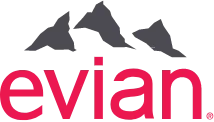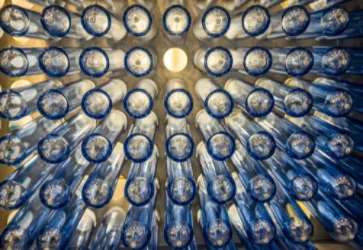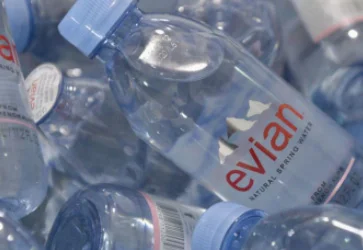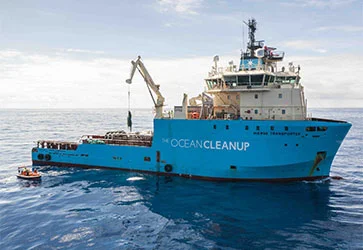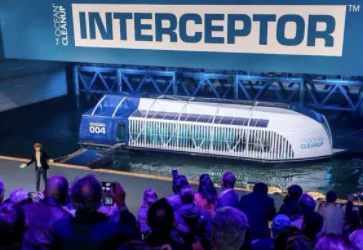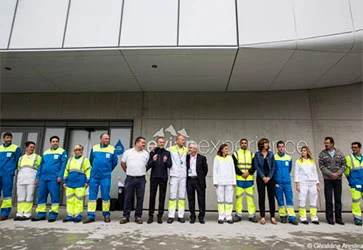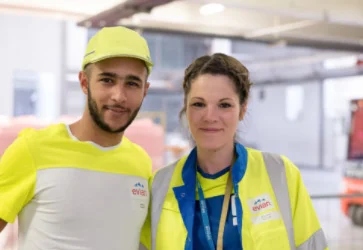Adopting a circular model
Mainstream bottling systems are still primarily linear—raw materials are used to make packaging, and after the product is consumed, the packaging is thrown away, adding new waste to the environment. Simply put: this model isn’t sustainable.
How will we do it? The way we always do and will continue to do: with a proactive, pioneering approach and a real, actionable plan. From overhauling our product lifecycle with new, innovative partners, to actively engaging the community, our sustainability initiatives will put us on track to reach our 2025 goal.
Because we’re committed to protecting and nourishing the health of our planet and its people, we are playing our part to accelerate the transition from a linear to a circular economy of sustainable packaging. Simply put, this means eliminating packaging we don’t need and innovating packaging where possible to ensure it can be recycled and safely reused again and again so it remains part of the circular economy and never becomes waste or pollution. In January 2018, we pledged to become a circular brand and transform our packaging to make all our plastic bottles* from 100% recycled PET by 2025. As of May 2024, 100% of new evian bottles* manufactured for sale in the US are made from 100% recycled PET.
*excludes label and cap
The challenge
Plastic packaging presents environmental risks, and plastic pollution affects our planet’s water, air, soil, plants, animals, and climate system.
While recycling is part of the solution, recycling alone isn’t enough to overcome these challenges, and not all items that can be recycled actually are recycled. According to EPA data from 2018, approximately 29.1% of PET bottles & jars were recycled across the United States. The EPA also noted that plastic can end up in landfills, waterways, and oceans.
We need your help to meet our goals. We urge our customers who have access to recycling systems to use them. The EPA has created a website to educate consumers on How Do I Recycle Common Recyclables | US EPA. The EPA confirms that plastic bottles and caps can be recycled and that “typically the caps and labels can be left on the bottles as well.” Nevertheless, we understand also that not all consumers have such access and that some communities do not have the capacity to properly handle all recyclable waste produced in their community. To improve the likelihood that recyclable materials get recycled, companies, governments, consumers, and other stakeholders will need to work together to advocate for and strengthen recycling systems and take action to manage products responsibly. Danone is actively working to expand the availability of evian in non-plastic bottles to provide consumers with non-plastic options.
